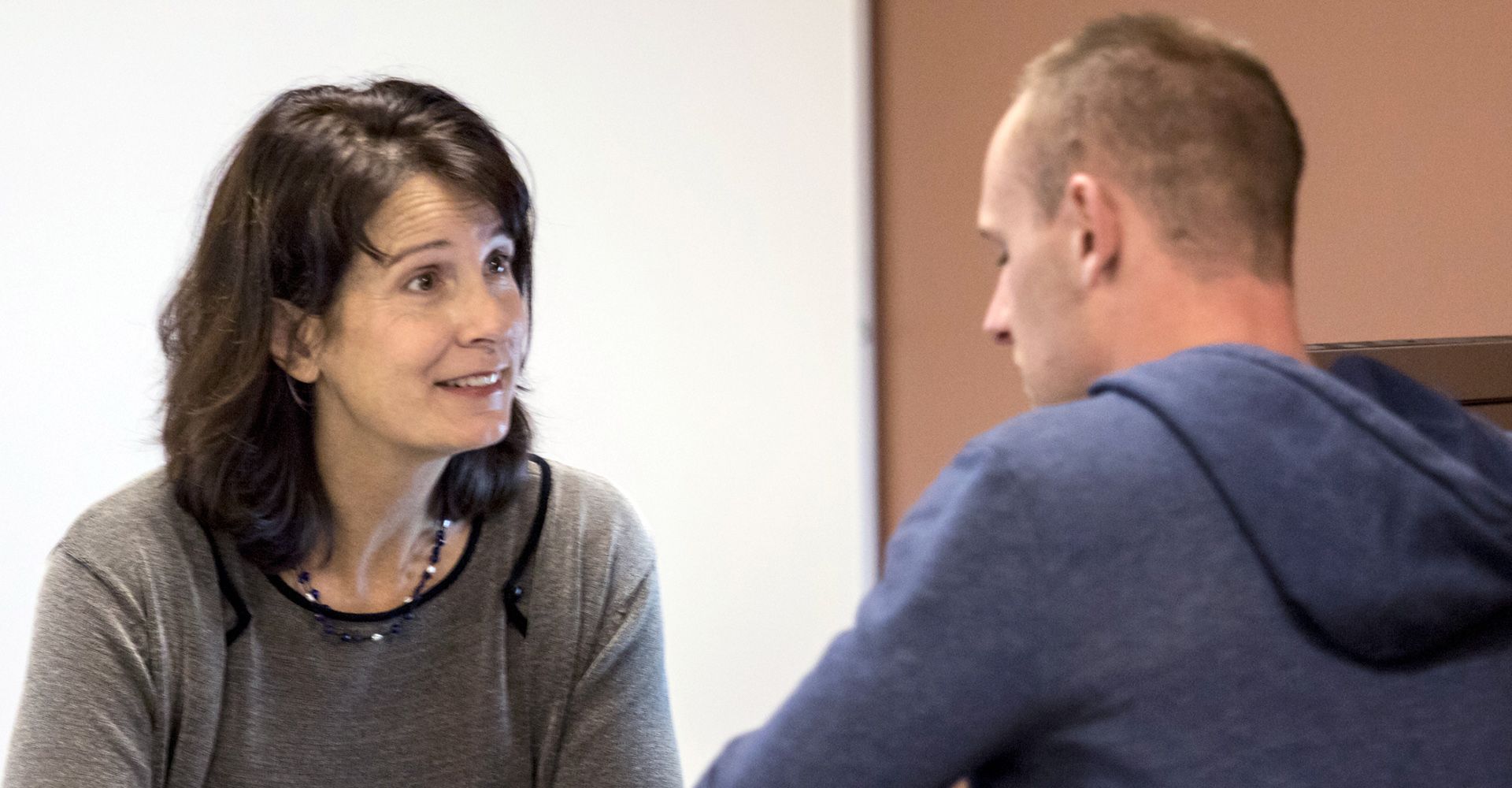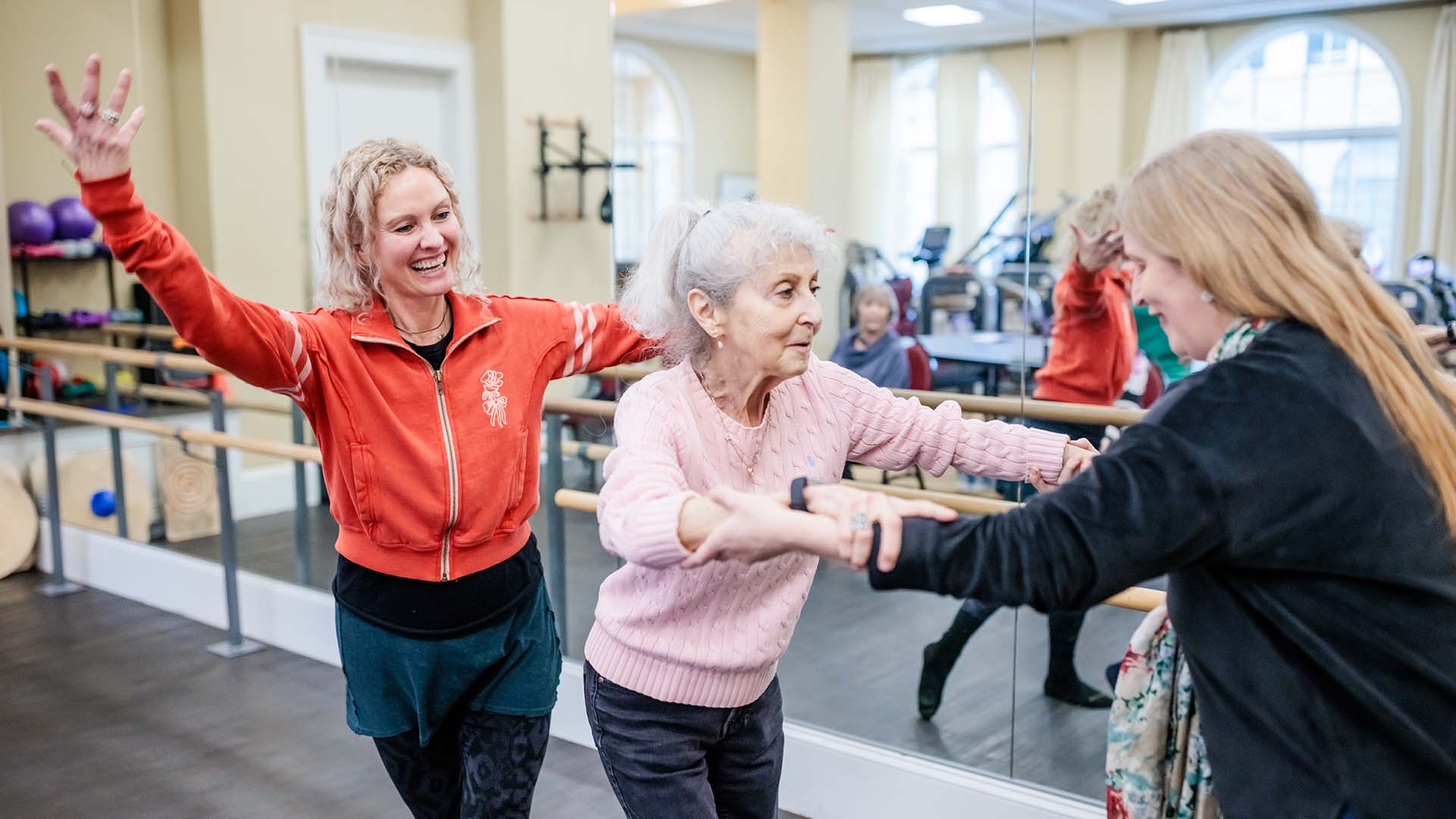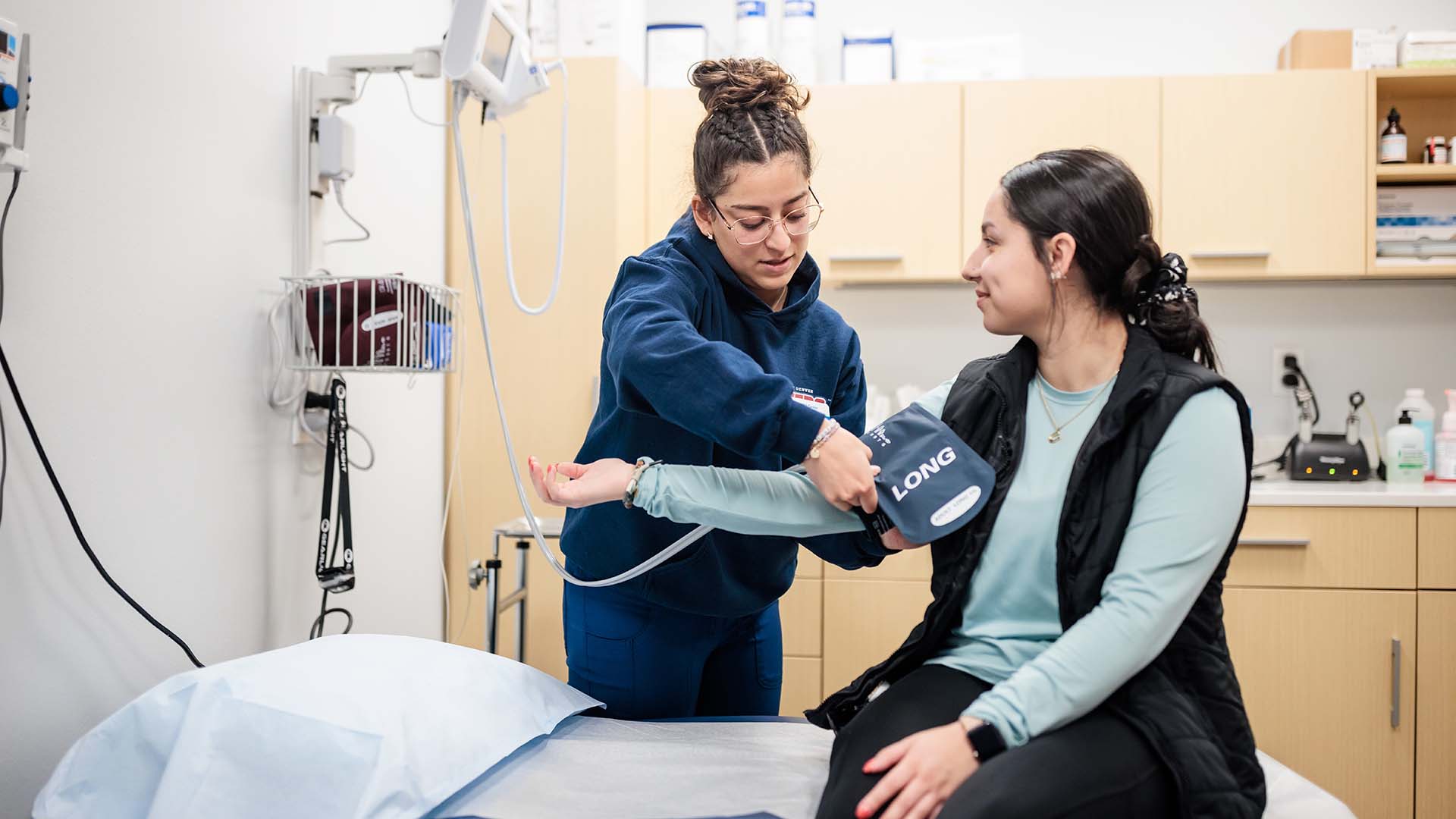Food for thought: Is the Keto Diet right for you?
Award-winning dietitian offers expertise on nutritional routine, advice on eating well.

The Keto Diet is the latest dietary trend to kick up a dust storm of enthusiasm and criticism. Its proponents tout the high-fat regimen as helpful in treating several debilitating conditions. Critics note that it causes unpleasant side effects and is unhealthy in that it virtually eliminates carbohydrates.
Cynthia Dormer, an associate professor in the Department of Nutrition at Metropolitan State University of Denver, offered her expertise on the Keto Diet along with several other points on eating well in an interview with the Insider. Dormer was recently named Outstanding Dietitian of the Year by the Colorado Academy of Nutrition & Dietetics, a nonprofit that represents the profession around the state.
Insider: Explain a little about the Keto Diet, how does it work, what changes does it cause in the body?
Dormer: The Keto Diet is a very low-carbohydrate diet. After a few days on this diet, there are changes in the brain and other parts of the body that allow the body to use a different fuel for energy: ketones. This diet has been used successfully to treat some types of epilepsy. Additional research is underway to see whether it helps with other conditions. Some people have also successfully used it to jump-start weight loss.
It’s a difficult diet to follow. For people who really want to try it, I very much recommend getting professional support from a registered dietitian and a primary-care physician. A colleague, Dr. Rachel Sinley, and I provide that type of nutrition support for free at the Health Center of Auraria.

Insider: And how does the diet differ from a typical American diet – is it good for all lifestyles or just certain people?
Dormer: The Keto Diet is very different from the typical American diet. You eat oils, meats and not-starchy vegetables. You need to take supplements, have your medications adjusted, and you’ll need a plan for combating the keto flu, dehydration and constipation.
Insider: More generally, what mistake do people make most in their diets?
Dormer: An easy mistake is not bringing your own snacks to work and school. It’s pretty easy to pack a water bottle, piece of fruit and a bag of nuts. If you don’t take five minutes to pack some things, you’ll be tempted by coffee shops and vending machines. You’ll likely spend more money and eat less well.
Insider: What’s your best advice for eating right these days?
Dormer: Take advantage of the free wellness resources on campus. You can get free professional help activating your nutrition goals at the Health Center of Auraria. And that’s just the beginning. The Health Center and other campus organizations offer an incredible number of wellness services.
If you want to enjoy the way healthy eating makes you feel, you have to make it a priority and use your resources.
When people say they don’t have time or energy to eat well and exercise, what many of them mean is they don’t have three hours per day to exercise and eat right. You don’t have to do that much to be healthier. Exercise a little at home. Add three quick but healthier meals to your weekly routine. Realistic, consistent effort beats temporary perfection every time.

Insider: How did you get interested in nutrition as a profession?
Dormer: At about age 16, after I stopped growing and got a driver’s license, I started gaining a bit too much weight every year until, by age 20, I was quite overweight and out of shape. The challenge of losing the weight and getting back into shape led to a passion for nutrition science and for helping others.
Insider: What are the most rewarding parts of your job at MSU Denver?
Dormer: I get to continually learn about and contribute to what is known in nutrition, teaching, learning and about how to empower people to stay healthy. It’s also my job to inspire the next generation of nutritionists to make a difference in their communities and in the world. It’s a good job.







